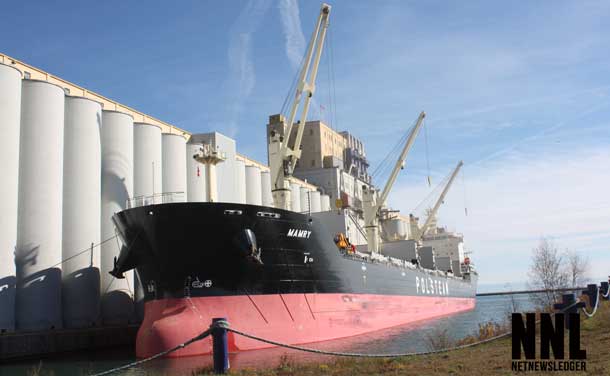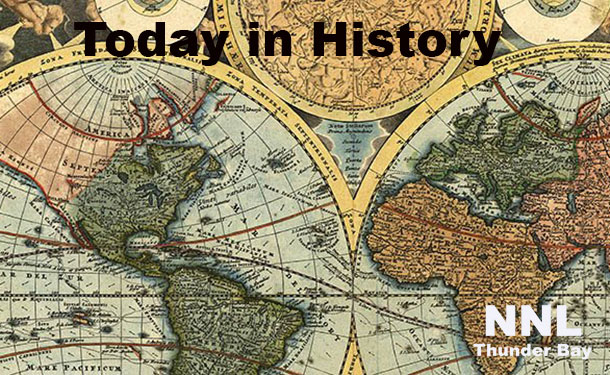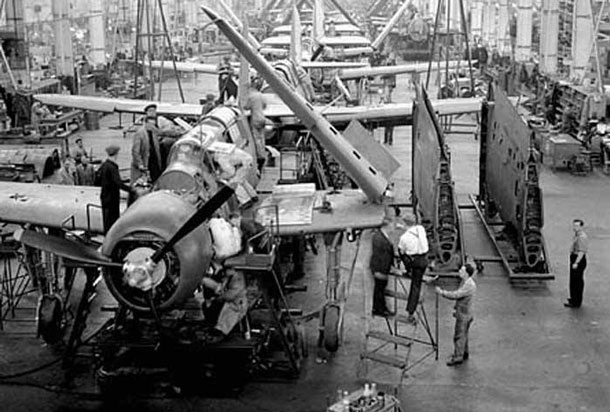
THUNDER BAY – NEWS – Catherine McKenna, Minister of the Environment and Climate Change and Minister responsible for Parks Canada, announced the designation of 38 nationally significant persons, places and events that helped define Canada’s history. The designations include Grain Trans-shipment at the Lakehead; Sir Alexander Mackenzie (c. 1762-1820).
These new designations reflect the rich and varied history of our nation in areas related to immigration, Indigenous people, war and peace, science and medicine, the arts and industry, and civic life. The commemoration process is largely driven by public nominations and designations are made on the recommendation of the Historic Sites and Monuments Board of Canada. To date, more than 2,000 designations have been made.
“It’s wonderful to see an acknowledgement of the vital role the Thunder Bay region played in the building of our nation,” said Hajdu. “As we approach the 150th anniversary of Confederation, I’d like to encourage residents to explore our great region and learn more about the impact we had on Canadian history.”
Piloted by the National Trust of Canada, Heritage Day is a time to reflect on the achievements of past generations and to commit to protecting our heritage. On that day, Canadians are encouraged to celebrate their rich and diverse heritage by commemorating distinctive historic destinations in their communities.
As we near the 150th anniversary of Confederation in 2017, the Government of Canada invites Canadians to experience and learn more about our environment and our history. Canada’s national parks and national historic sites enable Canadians to experience their heritage in a special way and will play a big part in the celebration of Canada 150.
Parks Canada manages a nation-wide network of 168 national historic sites, 46 national parks and four national marine conservation areas.
“As we celebrate National Heritage Day I am very proud to recognize the people, places and events that shaped Canada. They tell the stories of who we are as a people, including our history, cultures and contributions of Indigenous peoples. I encourage all Canadians to take this opportunity to learn more about our rich and diverse history,” stated Honourable Catherine McKenna, Minister of the Environment and Climate Change and Minister responsible for Parks Canada.
The 38 new designations include:
Governing Canada: Charlottetown and Québec Conferences of 1864.
Military History: Melville Island and Deadman’s Island; Military Nurses of Canada; Black Militia Units in Upper Canada, 1812-1850; Sir George Prevost (1767-1816); The Québec Citadel; The Second Battle of Ypres; The Hundred Days Offensive; Continental Air Defence in the Cold War; The 18th Century Mi’kmaw-French Alliance; Thomas Nangle (1889-1972).
Immigration: The Arrival of Displaced Persons in Canada, 1845-1951.
Sport: James Kenneth (Ken) Watson (1904-1986); Ski Jumping at Mount Revelstoke; Louis Rubenstein (1861-1931); Preston Rivulettes Women’s Hockey Team.
Arts and Architecture: William Berczy (1774-1813); Canadian War Memorials Fund; Roderick Langmere Haig-Brown (1908-1976); Henry James Morgan (1842-1913); Sara Jeannette Duncan (1861-1922); Margaret Laurence(1926-1987).
Science and Medicine: James Patrick Howley (1847-1918); James Fletcher (1852-1908); Enid Gordon Graham(1894-1974); Dr. Duncan McNab McEachran (1841-1924).
Transportation: Melville Railway Station; Tugboating along the West Coast; Grain Transshipment at the Lakehead; Sir Alexander Mackenzie (c. 1762-1820); Construction of the Trans-Canada Highway.
Developing Economies: Kitjigattalik – Ramah Chert Quarries; The Nova Scotia Coal Strikes of 1922 to 1925; Founding of the Saint John Labourers’ Benevolent Association; John Munn (1807-1879); Sir William Maxwell Aitken (Lord Beaverbrook) (1879-1964).
Social and Community Life: Jeanne Dugas (1731-1817); The Annual Innu Missions at Musquaro (1800-1946).






